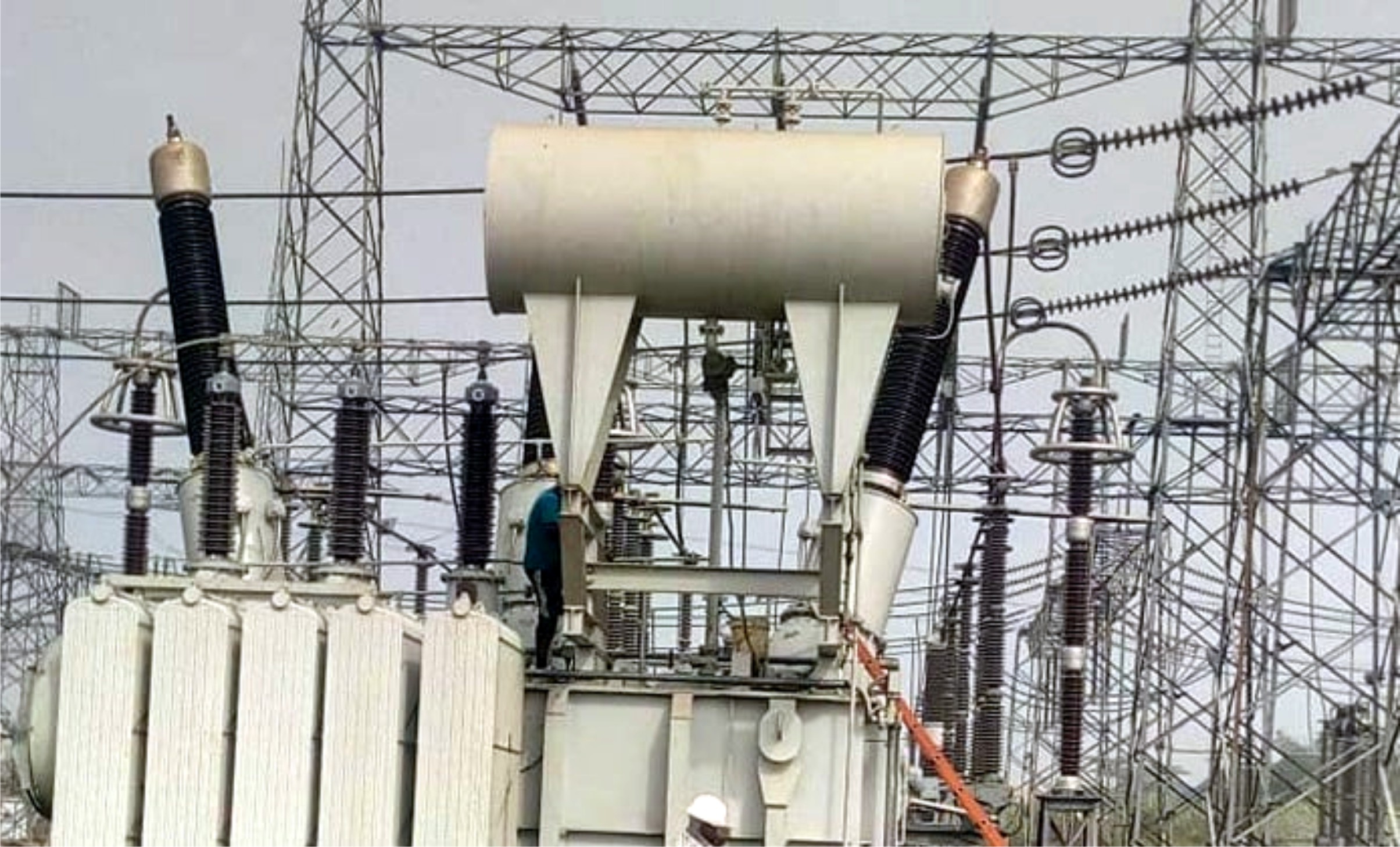Business
EKEDC, NDPHC Sign Deal To Improve Power Supply

Eko Electricity Distribution Company (EKEDC) has signed an agreement with the Niger Delta Power Holding Company Limited (NDPHC) towards improving electricity supply to Agbara, Lekki, and other areas within its operational network.
A statement issued on Monday in Lagos by Mr Godwin Idemudia, Head, Corporate Communication (EKEDC) and made available to The Tide source, the deal was signed recently during a visit of the company’s Chairman, Mr Oritsedere Otubu, to the NDPHC’s office in Abuja.
It said the agreement signed by the two companies was to ensure the improvement and upgrade of certain distribution infrastructure within EKEDC’s franchise area.
According to the statement, it will set the foundation, to ensure the availability of reliable and quality power supply of up to 200MW to customers within Eko Disco’s network, including tertiary institutions.
The statement said the agreement was in furtherance to the Memorandum of Understanding (MoU) signed between EKEDC and NDPHC last year in Lagos in the presence of the State Governor, Mr Babajide Sanwo-Olu.
Speaking at the ceremony, Otubu said the growth of industrial and commercial activities within the company’s franchise area has resulted in an increased demand for power supply.
We currently receive between 400-450MW from the national grid, and this can no longer meet the present demand of our customers.
“Further, the current drop in load generation has placed us in a tough situation in which we have to carry out load shedding in some parts of our network.
“ Hence, we have embarked on this agreement with NDPHC to source for an alternative means of improving power supply to our customers,” he said.
Otubu said the agreement would enable the DisCo supply more power to the tertiary institutions within its network such as the University of Lagos, College of Medicine, Idi-Araba and Lagos State University to boost academic activities in the schools.
Also, Mr Chiedu Ugbo, Managing Director, NDPHC, commended EKEDC for its efforts towards finalising the agreement which sets the pace to enable the delivery of the agreed MW via one of its subsidiaries, Alaoji Generation Company Limited.
According to him, this will further enhance NDPHC’s mission of bridging the gap in the Nigerian Electricity Supply Industry (NESI), particularly around generation.
He said the NDPHC currently had about 4,000 installed MW but was unable to dispatch it effectively due to transmission constraints, hence the extension of its direct relations with the DisCos.
Business
PENGASSAN Tasks Multinationals On Workers’ Salary Increase

Business
SEC Unveils Digital Regulatory Hub To Boost Oversight Across Financial Markets

Business
NAFDAC Decries Circulation Of Prohibited Food Items In markets …….Orders Vendors’ Immediate Cessation Of Dealings With Products

Importers, market traders, and supermarket operators have therefore, been directed to immediately cease all dealings in these items and to notify their supply chain partners to halt transactions involving prohibited products.
The agency emphasized that failure to comply will attract strict enforcement measures, including seizure and destruction of goods, suspension or revocation of operational licences, and prosecution under relevant laws.
The statement said “The National Agency for Food and Drug Administration and Control (NAFDAC) has raised an alarm over the growing incidence of smuggling, sale, and distribution of regulated food products such as pasta, noodles, sugar, and tomato paste currently found in markets across the country.
“These products are expressly listed on the Federal Government’s Customs Prohibition List and are not permitted for importation”.
NAFDAC also called on other government bodies, including the Nigeria Customs Service, Nigeria Immigration Service(NIS) Standards Organisation of Nigeria (SON), Nigerian Ports Authority (NPA), Nigerian Maritime Administration and Safety Agency (NIMASA), Nigeria Shippers Council, and the Nigeria Agricultural Quarantine Service (NAQS), to collaborate in enforcing the ban on these unsafe products.
-

 Politics5 days ago
Politics5 days agoSenate Receives Tinubu’s 2026-2028 MTEF/FSP For Approval
-

 Sports5 days ago
Sports5 days agoNew W.White Cup: GSS Elekahia Emerged Champions
-
Sports5 days ago
Players Battle For Honours At PH International Polo Tourney
-

 Sports5 days ago
Sports5 days agoAllStars Club Renovates Tennis Court… Appeal to Stop Misuse
-
Sports5 days ago
NFF To Discuss Unpaid Salaries Surrounding S’Eagles Coach
-

 News5 days ago
News5 days agoRSG Lists Key Areas of 2026 Budget
-
Sports5 days ago
2025 AFCON: Things to know about Nigeria’s opponents In Group C
-

 News5 days ago
News5 days agoDangote Unveils N100bn Education Fund For Nigerian Students





